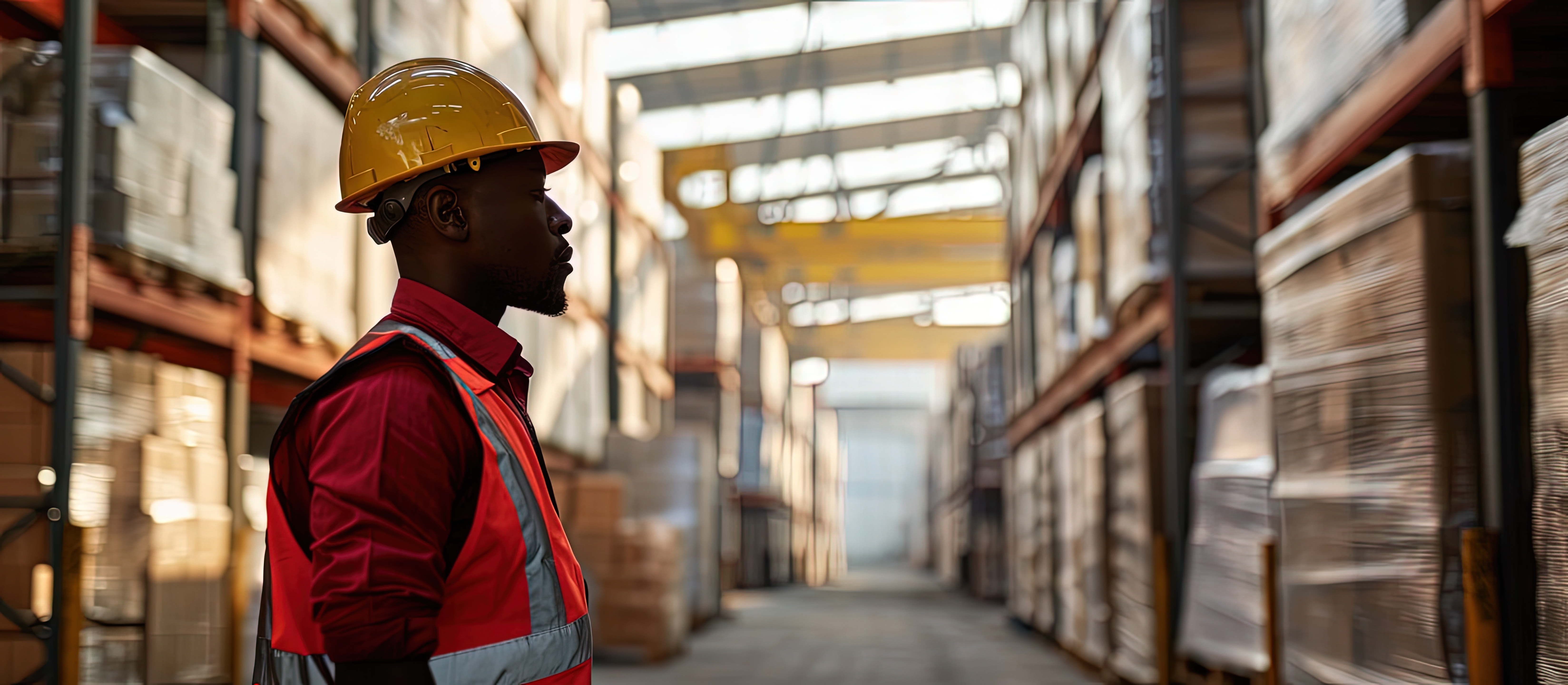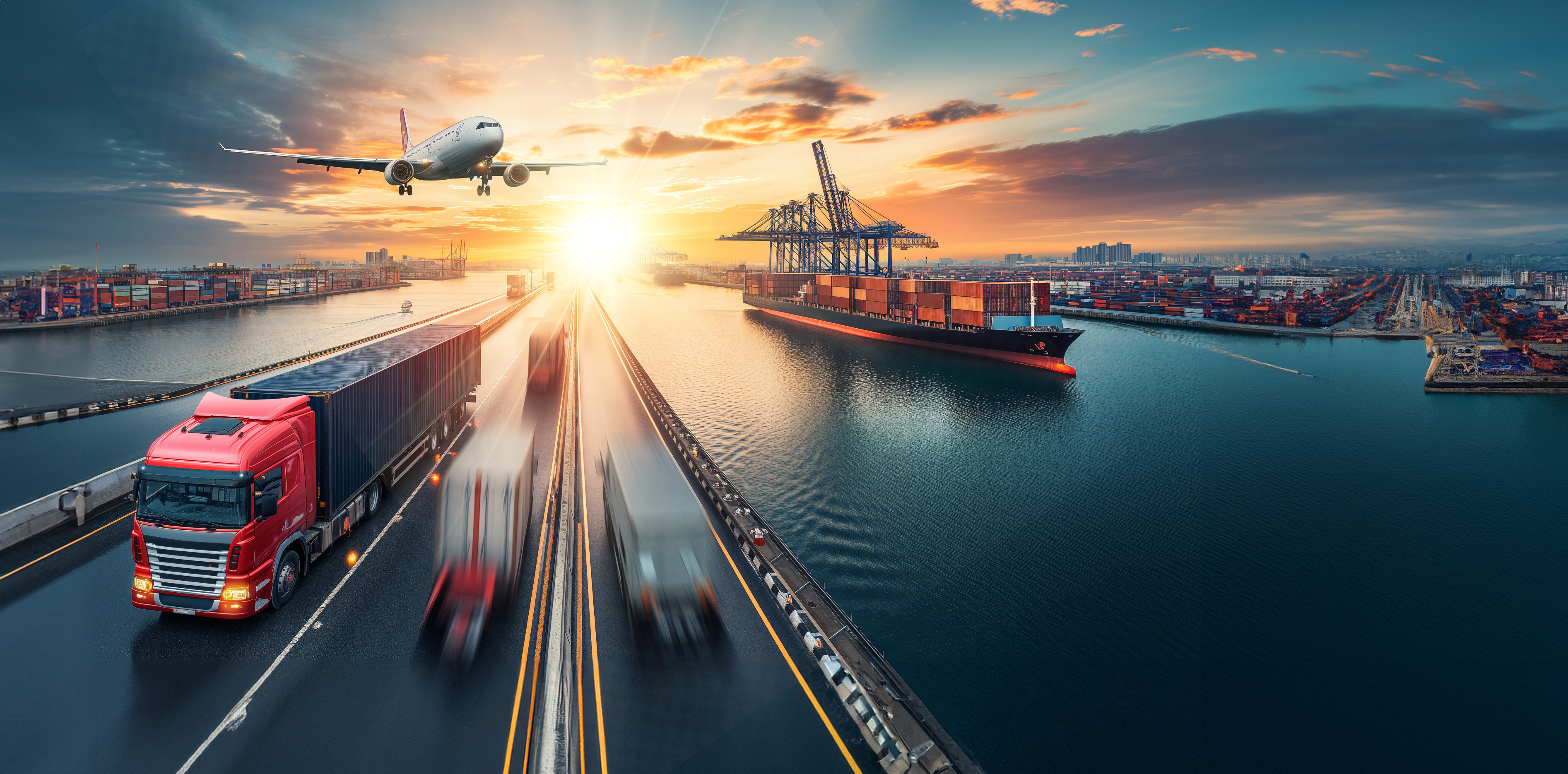Logistics During COVID-19
The ongoing pandemic has impacted businesses across the world, and particularly those involved in transporting goods from one area to another. Whether that’s from state to state, from city to city or from continent to continent, the pressures have become much more significant – and putting safety first has caused expensive delays for many industries.
The need to limit the spread of Covid-19 means that contact between people has had to be reduced – and the only way for this to be completely effective is to avoid people being in contact with one another at all. Loading, unloading, processing or packing shipments are just some of the examples of tasks that involve close contact of staff and where items need to be handled by multiple people – thus giving perfect opportunities for the virus to spread. It’s for these reasons, and for the protection of staff that limitations have had to be put in place.
Port staffing is limited
To prevent close contact, the number of people working port side has been reduced significantly. Whilst this protects people from the virus, it also means that processing shipments is taking longer, and that health and safety requirements aren’t always being met - there are too few people available to safely manage workloads under time pressures.
Ship crew are extending their on-board time
To avoid the risk of spreading Covid-19 many crews are unable to leave their ships in port, and as a result are spending far more than the legally recommended time on-board, and on-shift. This does limit the spread of the virus, but means that crews are facing fatigue, leading to increased human error, more risk taking in handling loads, and higher chances of accidents and injuries.
Trade routes are closed
With some areas closing their borders to incoming shipments, routes to transport goods have been forced to adapt. This means that traditional methods of moving in a chain across routes has impacted the timescales of shipments, and that some expected movement of goods has been cut off completely. This increases costs, reduces efficiencies and means that some parts of the world aren’t able to receive much needed products, including food supplies.
Automation and industry 4.0
The increase globally in automation, and in digital processing and computer programmed manufacturing and shipping systems, has led to a huge number of increased efficiencies. Whilst these efficiencies have been hugely beneficial during the pandemic, it has also led to a big drop in employment in some areas reliant on those jobs, and many companies being priced out of keeping up with those developments. This impacts business globally and has led to a gap between available technology and the expectations of consumers who are accustomed to next – or even same – day delivery, which is harder than ever to achieve with the shipping industry under so much strain.
These challenges have impacted our industry on a massive scale, and the progress being made in developments to meet these challenges are impressive. Consumers do however need to consider the impact of the instant gratification mentality – not only on the industry, that is breaking under the strain, but also on global pollution; rulings to reduce emissions can’t be enforced in the pandemic, as testing on cleaner fuel can’t be carried out on the fuel tanks of ships when crew can’t move on and offshore – and corners are being cut to maintain timelines.
The pride that we take in performing as world leading recruitment partners for USA logistics means that we are keen to support our clients during these challenging times, and to identify talent and expertise in meeting these needs head on. For support in bringing that expertise into your team, to navigate the challenges the pandemic continues to bring through 2021, contact our team today!







